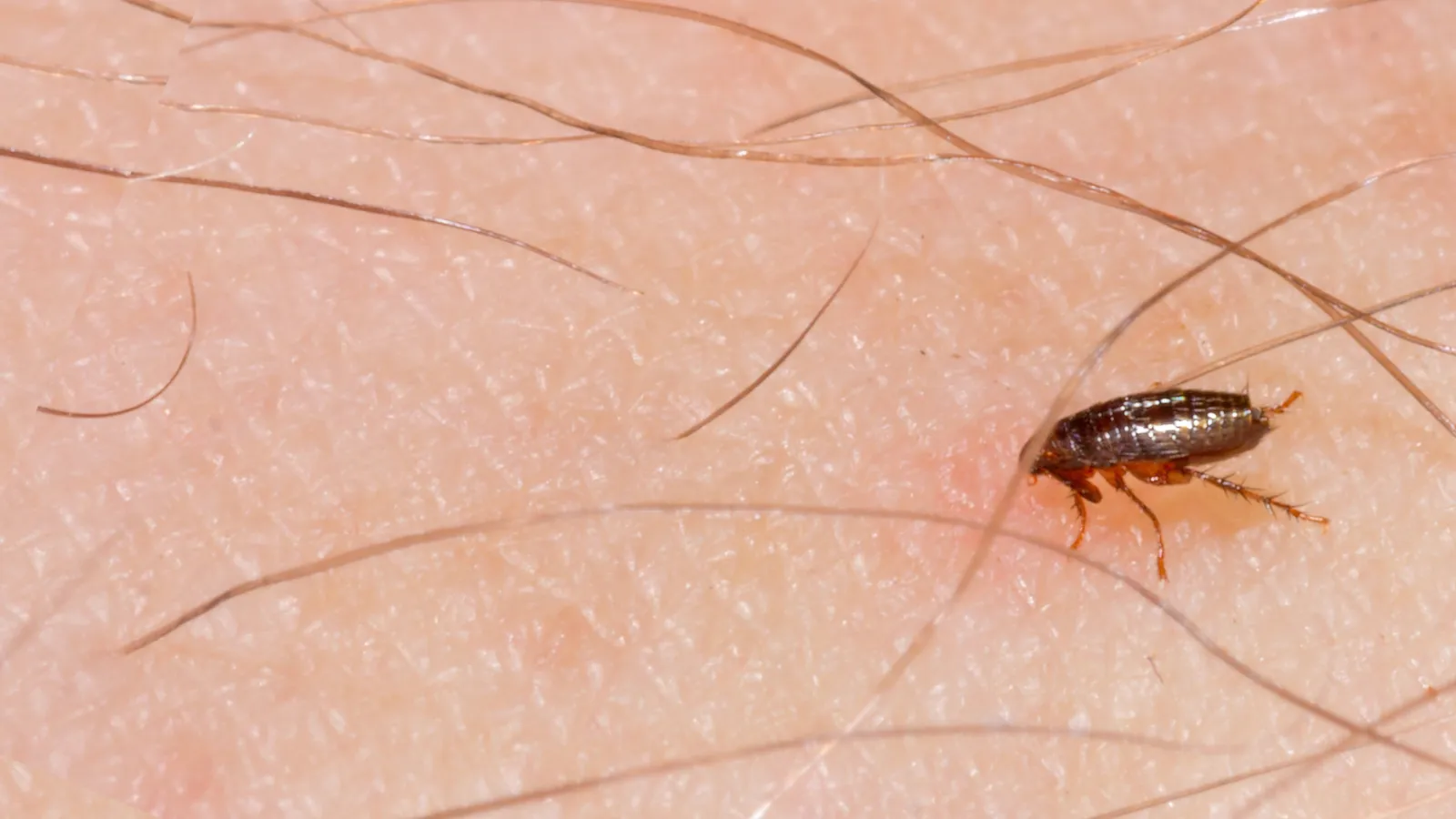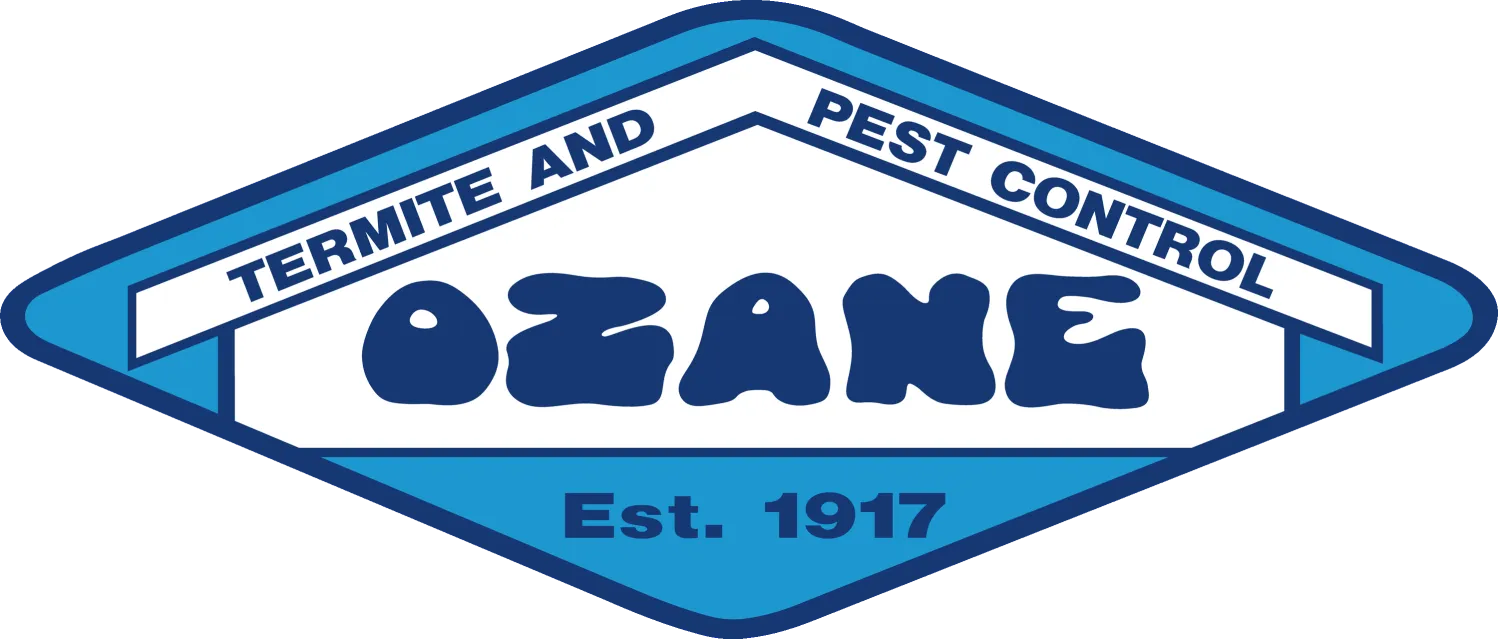
Fleas
Latin Name: Ctenocephalides felis felis
Fleas are a common nuisance pest in Toms River, NJ, particularly during the warmer months of spring and summer. These tiny, wingless insects are external parasites that feed on the blood of warm-blooded animals, including pets like dogs and cats, as well as wildlife such as raccoons, squirrels, and birds. Fleas can also bite humans, leaving itchy red welts on the skin.
Flea Lifecycle and Behavior
Fleas have a rapid lifecycle, which contributes to their ability to quickly infest homes and outdoor areas. They go through four life stages: egg, larva, pupa, and adult. Warm temperatures and high humidity—typical of Toms River's spring and summer—are ideal for flea reproduction. During these seasons, fleas can thrive outdoors in shady areas, especially in yards, under porches, or anywhere pets and wildlife rest. Flea eggs are often laid in pet bedding, carpets, or upholstery, making it easy for infestations to take hold indoors.
Flea Infestations in Toms River
In Toms River, fleas become more prevalent as temperatures rise in the spring and summer, with infestations peaking during these months. The combination of the region's seasonal climate and pet ownership can lead to significant flea activity. Pets are often the primary carriers of fleas, and they can bring them indoors after being outside, particularly if they frequent areas where wildlife is present. Homes with yards, gardens, or nearby wooded areas are more susceptible to flea infestations because of the higher likelihood of pets and wild animals coming into contact with fleas.
Health Risks Associated with Fleas
Fleas are not just an itchy nuisance; they can also pose health risks to both pets and humans. Fleas can transmit diseases like murine typhus and the plague (although rare in New Jersey), and they can also spread tapeworms to pets and sometimes to humans. Pets may suffer from flea allergy dermatitis, a severe allergic reaction to flea saliva that leads to intense itching, skin infections, and hair loss.
Flea Control and Prevention in Toms River
Controlling flea infestations in Toms River requires a multi-faceted approach:
- Pet Treatment: Regularly using flea preventatives on pets, such as topical treatments, collars, or oral medications, can help stop fleas from latching onto pets.
- Indoor Cleaning: Vacuuming carpets, furniture, and pet bedding frequently can remove flea eggs and larvae. Washing pet bedding and using flea control products inside the home can further reduce infestations.
- Outdoor Treatment: Keep your lawn and outdoor area free of debris and standing water. In the warmer months, professional flea treatments for the lawn are often necessary to reduce the chances of a flea problem indoors.
Don't wait if you're seeing fleas. They can be tough to eliminate because their pupal stage can remain dormant for extended periods. Our local pest control company uses a combination of insecticides and flea growth regulators to target all stages of the flea lifecycle, reducing the chances of re-infestation.
Similar Pests: Bed Bugs, Ticks, Mosquitoes
